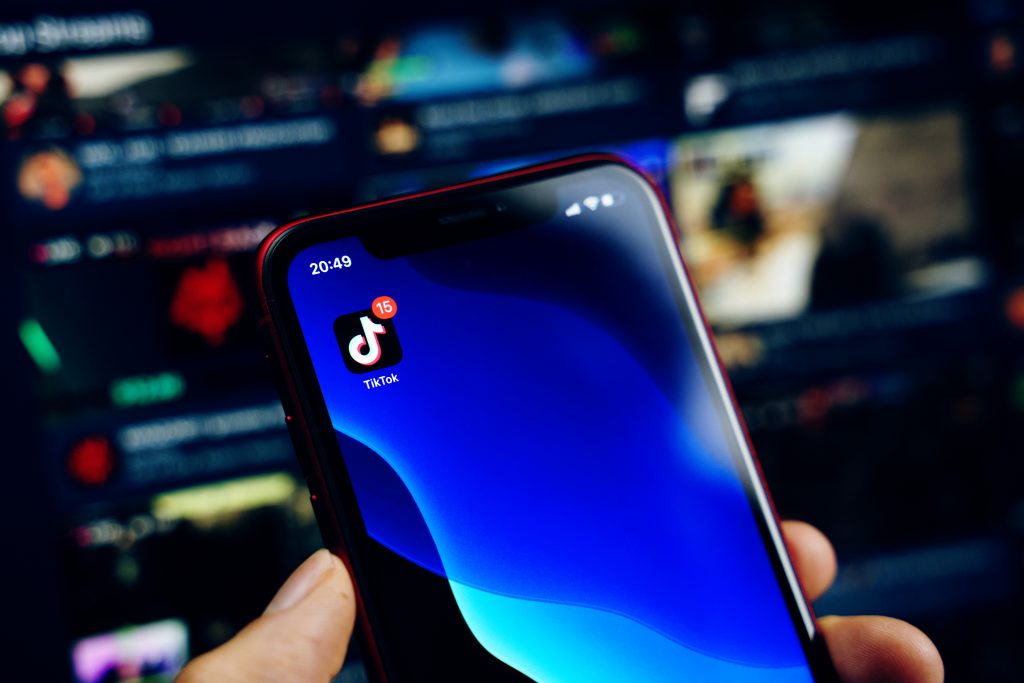
































In a recent community post, ByteDance-owned TikTok denied allegations of favouring pro-Palestine content. The company rebutted these claims by presenting data related to the viewership of hashtags associated with the Israel-Palestine conflict.
According to TikTok, from October 7 to October 31, the hashtag 'standwithisrael' garnered 46 million views, while the hashtag 'standwithpalestine' received 29 million views. The company asserts that these figures contradict the perception that it promotes pro-Palestine content over pro-Israel content to US users. They also claim that 'content on TikTok is recommended based on people's personal interests', resulting in individual accounts perceiving themselves as having more or less biassed content in line with what users had viewed beforehand.
TikTok has also taken an active role in moderating content related to the conflict. Since the Hamas attack on Israel on October 7, the company has removed millions of videos linked to hate speech, hateful behaviour, harassment, and bullying. Since the start of the conflict, TikTok has deleted more than 925,000 videos for violations of policies regarding violence and misinformation, and it has also eliminated 24 million fake accounts.
The company emphasises that its community guidelines apply uniformly to all users and content on the platform. TikTok employs technology and human moderation to uphold these guidelines and encourages community members to report any content or accounts they believe violate these rules (updated in March 2023).
Nonetheless, some critics and activists have accused TikTok and other social media platforms of suppressing pro-Palestine voices. These allegations primarily rely on anecdotal evidence and have been contested by TikTok, which maintains that it does not moderate or remove content based on political sensitivities. The company has also faced criticism for allegedly failing to protect Jewish users and promoting antisemitism, which it has denied as well. In addition, two weeks ago, TikTok addressed the EU's worries about disseminating misinformation.
Why does it matter?
The debate surrounding potential bias in content moderation on social media platforms continues, with critics on both sides. Social media and news companies have an increasing responsibility to moderate their platforms, as well as to communicate openly with governments and users alike to create a safe online environment. In an age where information is more crucial than ever in conflicts, social media platforms such as TikTok have emerged as influential instruments for influencing public opinions and perspectives.
 Tags quentes :
Política de conteúdo
Desenvolvimentos do TikTok
Tags quentes :
Política de conteúdo
Desenvolvimentos do TikTok